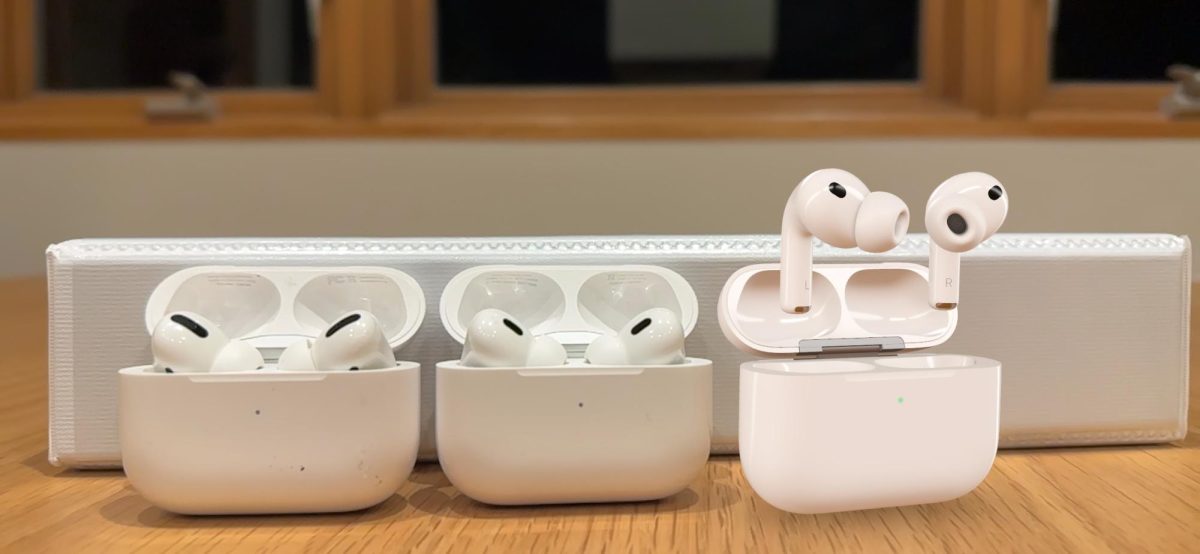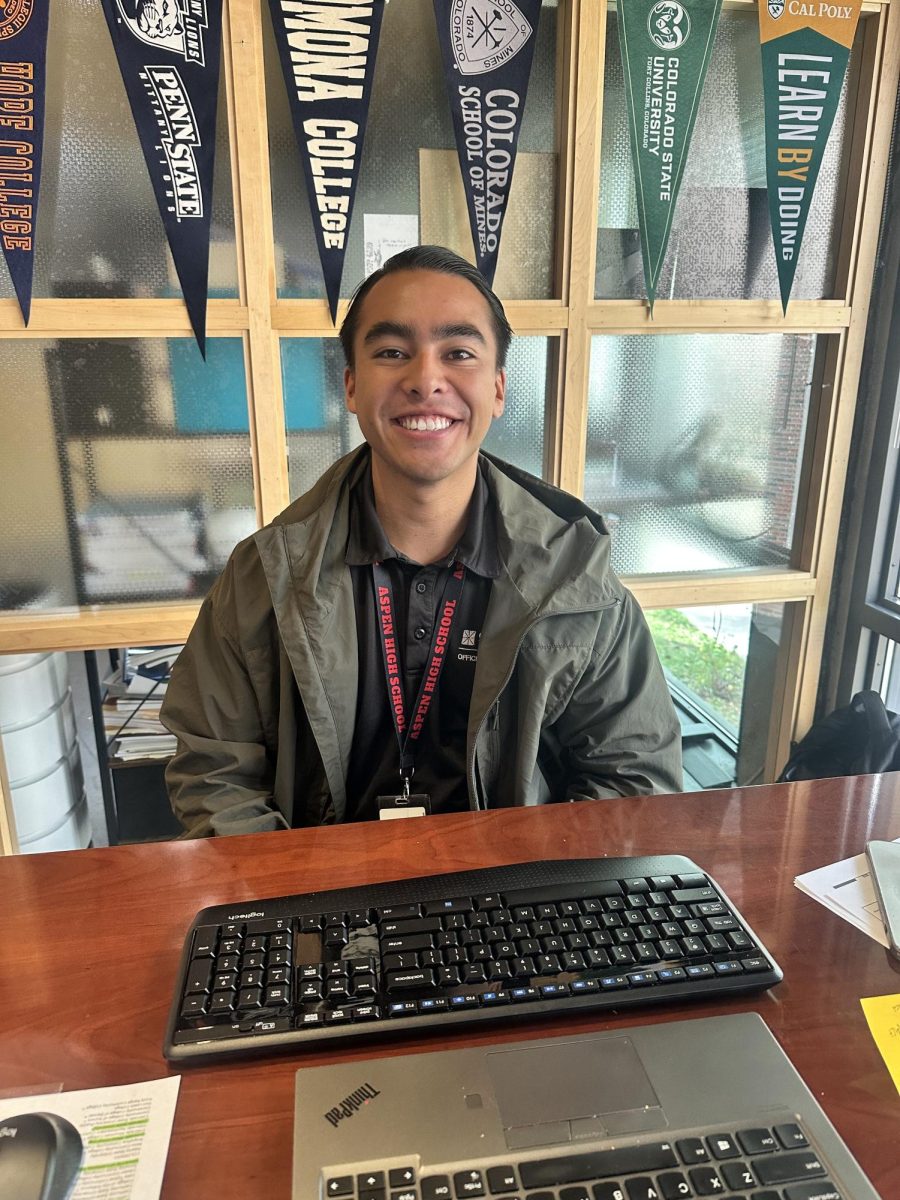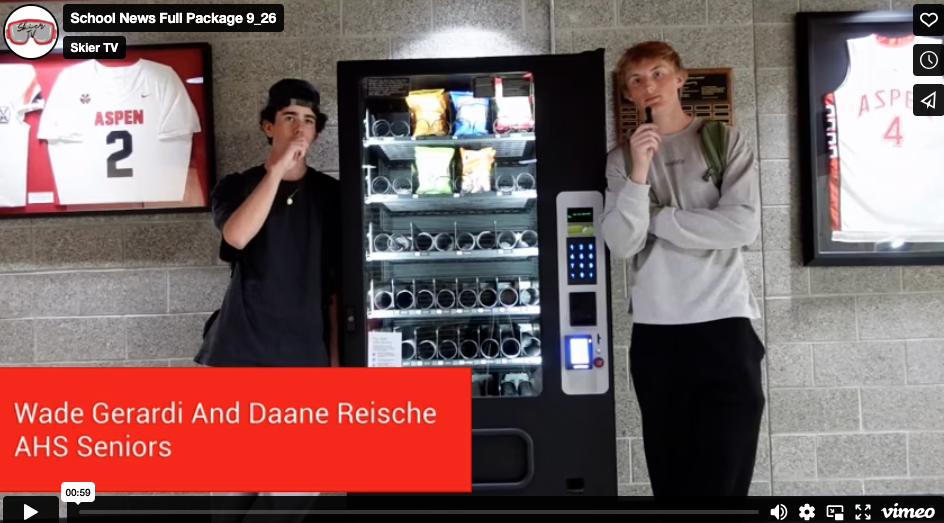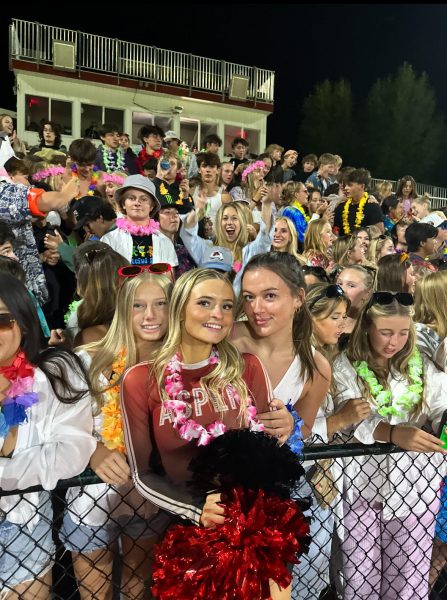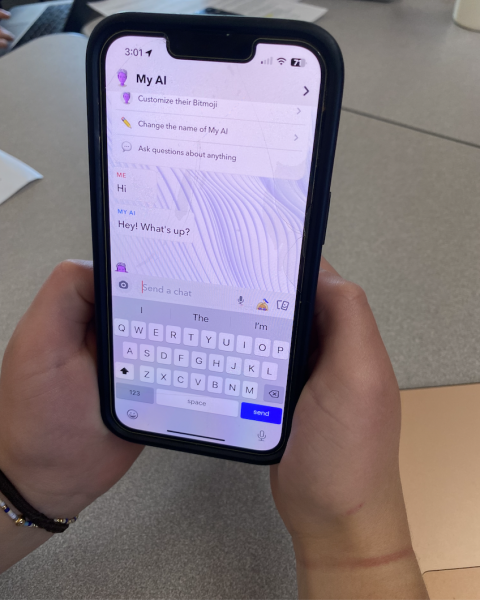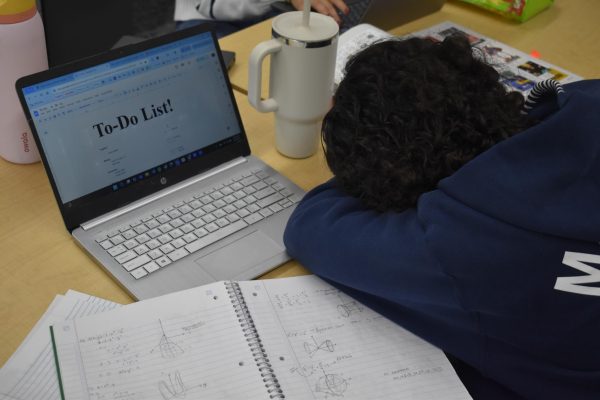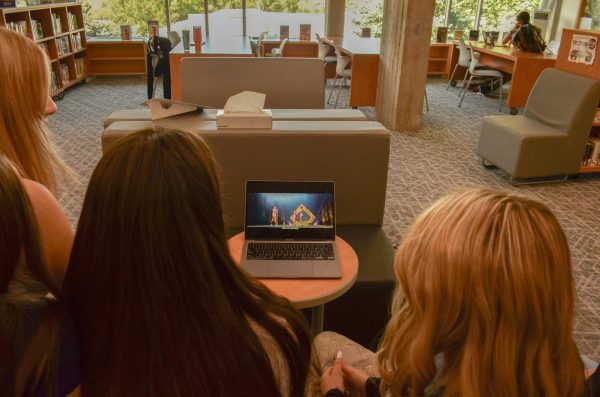COVID-19 and its impact on college
A common goal among young people is to attend college and truly begin to discover who they want to be in life. However, that path of self discovery has been altered by the repercussions that the COVID-19 pandemic has had on college and university students. As colleges everywhere are forced to find alternative learning routes, their students are being faced with campus housing complications and a major shift in academic and social activity.
Current situations at U.S colleges and universities
According to a New York Times study of over 1,600 American colleges and universities, there have been at least 88,000 cases and no less than 60 deaths on U.S college campuses. With the rate of cases climbing in the United States, more colleges and universities across the U.S are shutting down in order to prevent a further spread of the virus.
Gaia Murphy, Jesse Lopez, and Lexi Ferlisi are all sophomores whose colleges have sought alternative learning routes from the threat of spreading COVID cases. At Murphy’s campus, Brown University, several cases have already been reported. All three students have chosen to transition to online learning, and all three of their campuses are currently delaying the start of in-person education.
Effect of campus shutdowns on student’s housing situations
One factor differentiating the shut down of K-12 schools and the shut down of college campuses is that many college students had to move out of their on-campus residencies when their schools’ course of action changed, leaving uncertainty about housing. The confusion surrounding whether or not students will be returning to in-person learning is creating chaos for housing decision making.
“Some of my friends who are in California did have housing challenges. Students who live in Southern California were told in June that they would have to live off-campus before they knew anything about what school was going to look like in the fall, so many of them found off-campus housing in Orange expecting to have in-person classes,” Ferlisi said.
Murphy also experienced uncertainty with housing when her college initially shifted to virtual learning.
“Originally, I was able to get accommodations to live off-campus but still be in Brown housing. Once COVID escalated ,Brown rented out a bunch of different apartments and units throughout the Providence area, and so I was able to get that. But then, because now students may not be allowed to go back, I suddenly didn’t have housing,” Murphy said.
Towards the beginning of the summer, a multitude of students were in the dark about what would happen with the college housing situations. By the time school began, there was still a general lack of information about housing, and some students were left scrambling to find a place to stay.
The social impact of alternative learning on college students
Transitioning to virtual learning has changed many student’s social lives by preventing students from having in-person connections on campus. A large aspect of college is creating new relationships with peers and professors, as well as exploring future pathways and figuring out who you want to be. Experiencing this social aspect through a screen can be challenging for students.
“I think the transition to online classes has affected me in a negative way. I do not feel as connected to my professors and classmates. One of the big reasons I chose to go to Chapman was because we have such small classes where you can really get to know all classmates and professors, and I feel like that has been taken away from me,” Ferlisi said.
Lopez shares a similar view on the social aspects of attending college virtually.
“The shift to online college has taken [away] my opportunity to connect with my peers. Most of the time as a STEM major it is not uncommon to spend over 60 hours a week studying. These hours get especially hard when there isn’t anyone near you for support,” Lopez said.
Academic aspects of online college classes
It is widely known that college classes are rigorous and more demanding than the typical high school courses. So, what is it like for college and university students to tackle these rigorous classes online? It entirely depends on the student and their learning style. Some students have found that virtual learning has proven to be beneficial to their learning experience.
“From an academic standpoint, it hasn’t affected me as negatively as I was expecting, just because I was someone who works really well when I am on my own. I was able to create my own schedule and be proactive without having to even really attend classes. But, the social interaction aspect of it has been challenging,” Murphy said.
Some students may thrive online, while others prefer in-person education. Every student reacts differently to the college rigor in an online format. However, one thing that does seem to gain the same reaction from many students is the effect this shift has had on students’ social lives.
A hopeful outlook
This pandemic has presented obstacles for students of all ages, and college students are facing challenges of their own due to this pandemic. From housing complications, to tackling the college rigor through a screen, these students have been persevering through many challenges. However, the social aspect has not been easy. Among all of these challenges, being deprived of that crucial aspect of forming new connections has truly changed the college experience.
“I am really hoping that it will be safe to return to campus for the spring semester and get back to being involved in the community at Chapman. I think that the community is very positive and supportive at Chapman, and I am missing that at home. I have been trying to attend virtual events for clubs and my sorority, but it is just very different online,” Ferlisi said.

Hannah Smith is a senior at AHS and an Editor-In-Chief of the Skier Scribbler. This is her third year writing for the paper. In her free time, Hannah loves...


